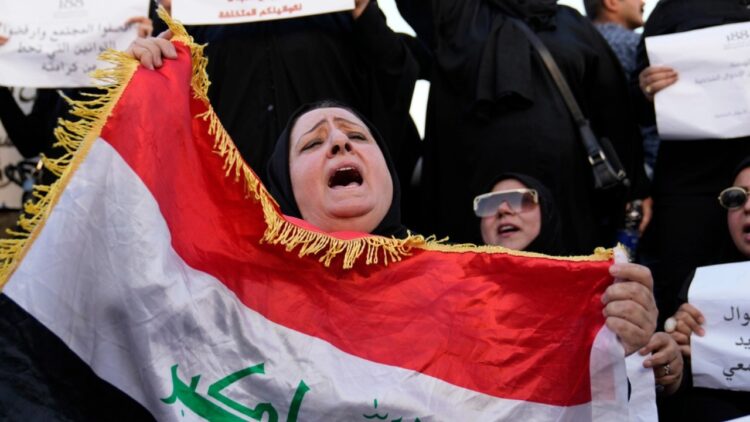A controversial draft Bill in the Iraqi Parliament aims to lower the legal age of marriage for girls to nine and for boys to fifteen, sparking widespread protests and concerns over the potential legalization of “child rape” and exploitation. If enacted, the Bill would amend the current Personal Status Law, which sets the minimum marriage age at 18.
The proposal has ignited significant opposition from women’s rights and human rights groups, who argue that it undermines the protection of minors. Despite the legal prohibition of marriage under 18 in Iraq, a UNICEF report indicates that 28% of girls under 18 are already married.
Women MPs, who unanimously oppose the Bill, face strong resistance from their male counterparts. Alia Nassif, a female MP, criticized the male supporters of the Bill for their “narrow-minded” approach, highlighting the gravity of legislative decisions on people’s lives.
The Bill also proposes allowing citizens to choose between religious authorities and civil courts for family matters, raising fears of further interference in areas such as inheritance. Originally set aside due to parliamentary objections, the Bill was reintroduced in early August with support from influential Shia blocs.
The amendments mark a shift from the 1959 legislation that transferred family affair decisions from religious figures to state judiciary, reintroducing the option to apply religious rules. This has led to concerns about the erosion of state oversight in favor of religious regulations.
Nadia Mahmood, co-founder of the Iraq-based Aman Women’s Alliance, expressed alarm at the political motivations behind the Bill, stating that following the 2019 youth protests, there has been a concerted effort to suppress feminist and activist movements perceived as threats to political power.

















Comments